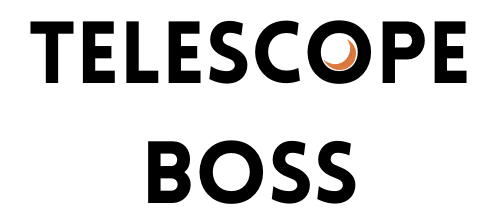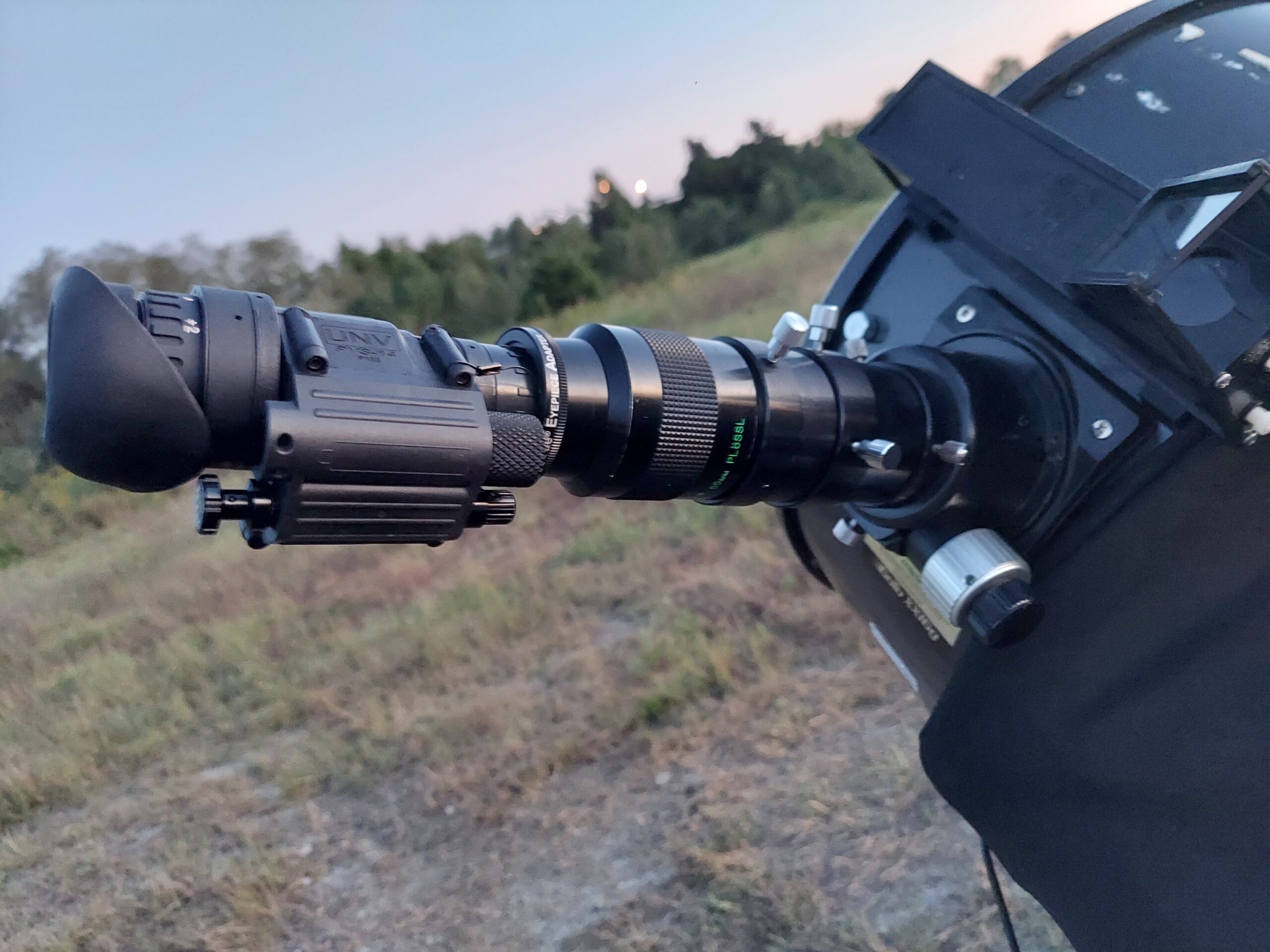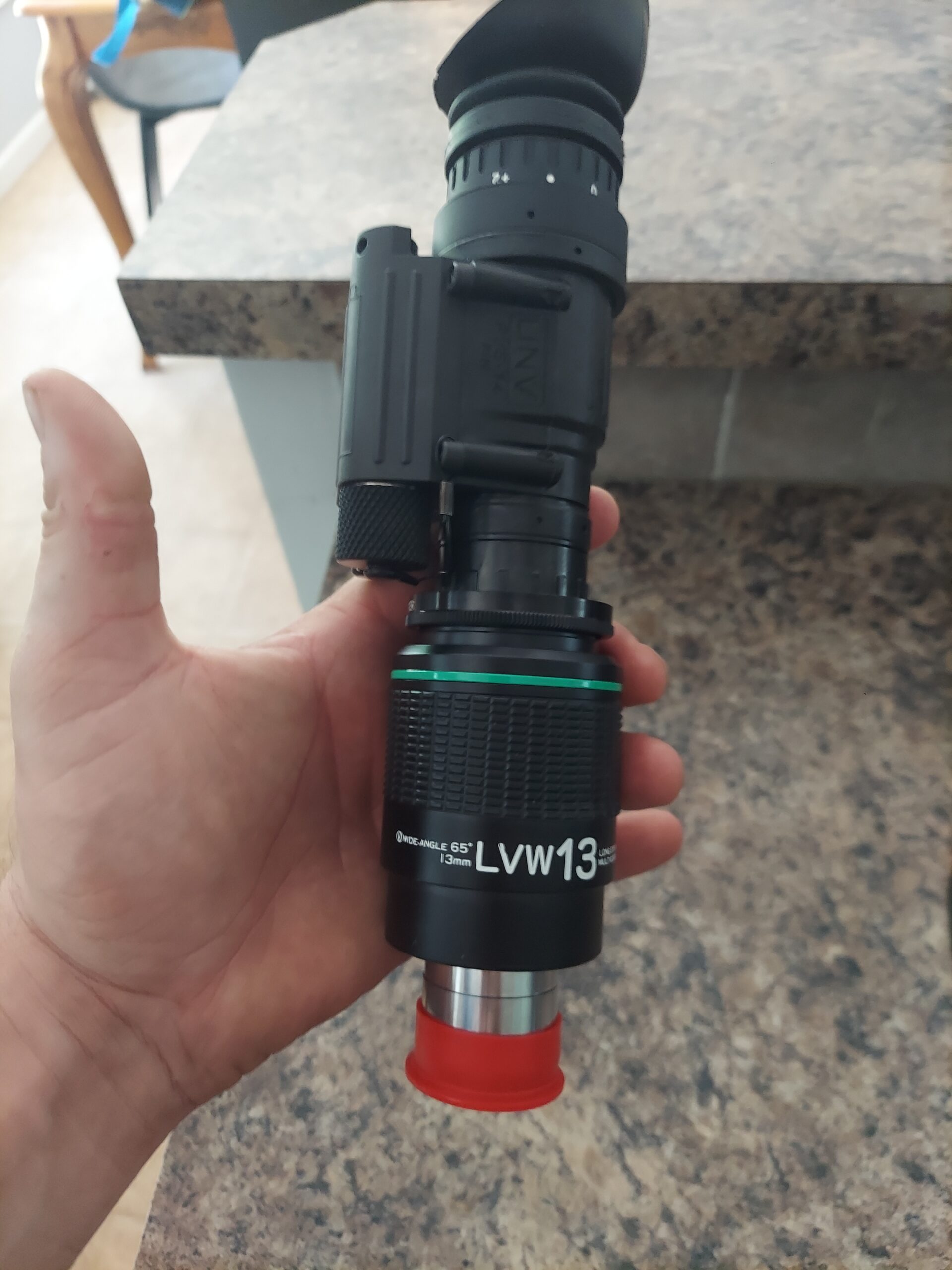When using a night vision device for astronomy the filter is very important. An H alpha is necessary when using a night vision device for astronomy.
The filter helps create greater contrast in your images and blocks out certain kinds of light.
These filters are very expensive and it can be difficult to know which one to purchase.
My friend Mort shared some very helpful photos with me that he took with 6 different filters.
Now, it is important to note a few things about these images;
- Mort shot these back to back without adjusting the focus at all, so it is important to consider just the brightness not the clarity differences.
- Mort shot these with a photography lens, night vision device and a smartphone. This rig mimics a telescope, but there is no telescope involved.
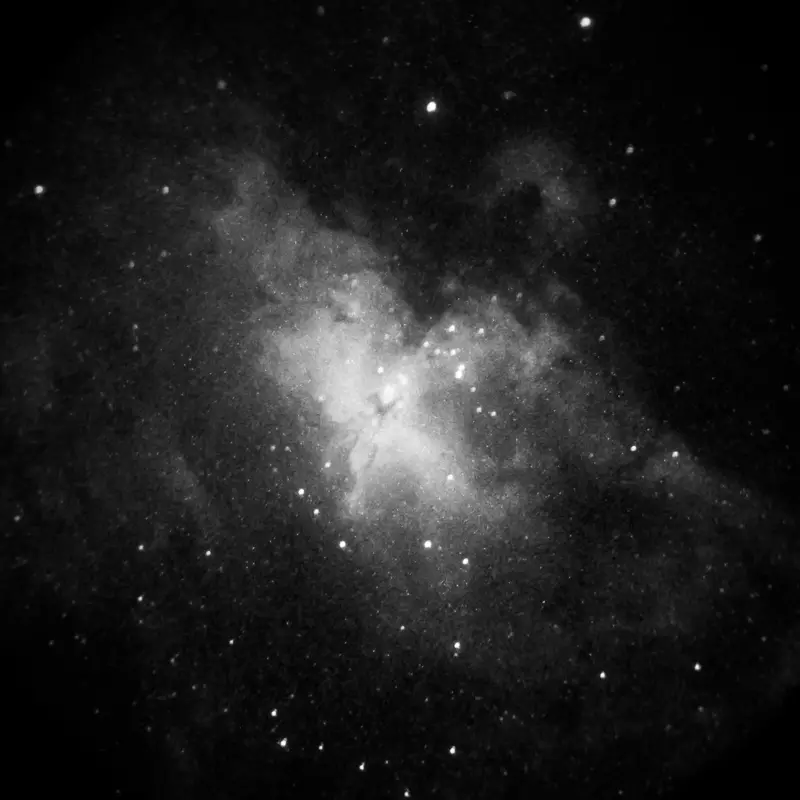
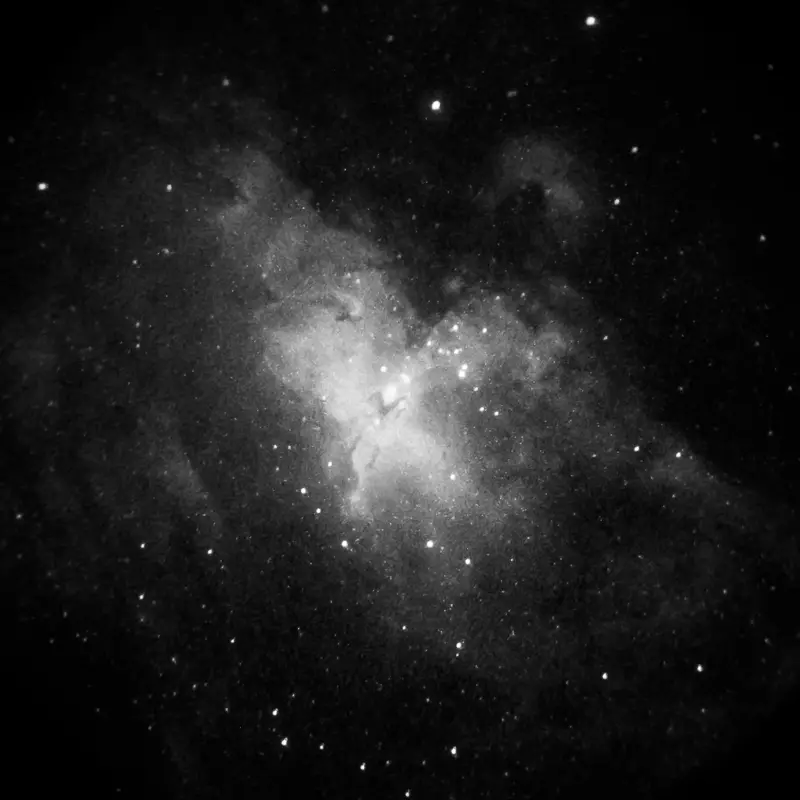
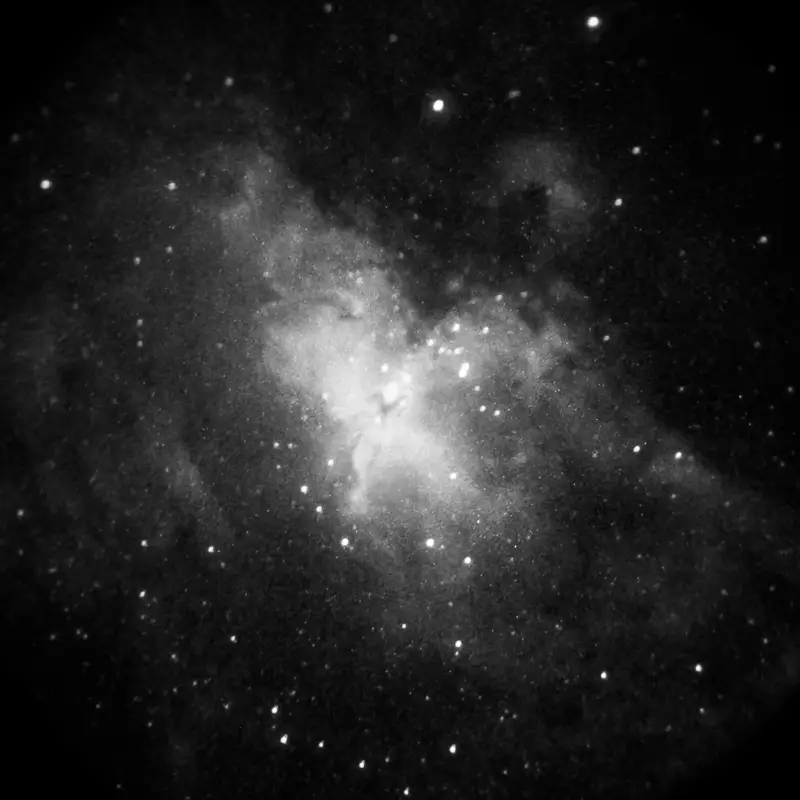
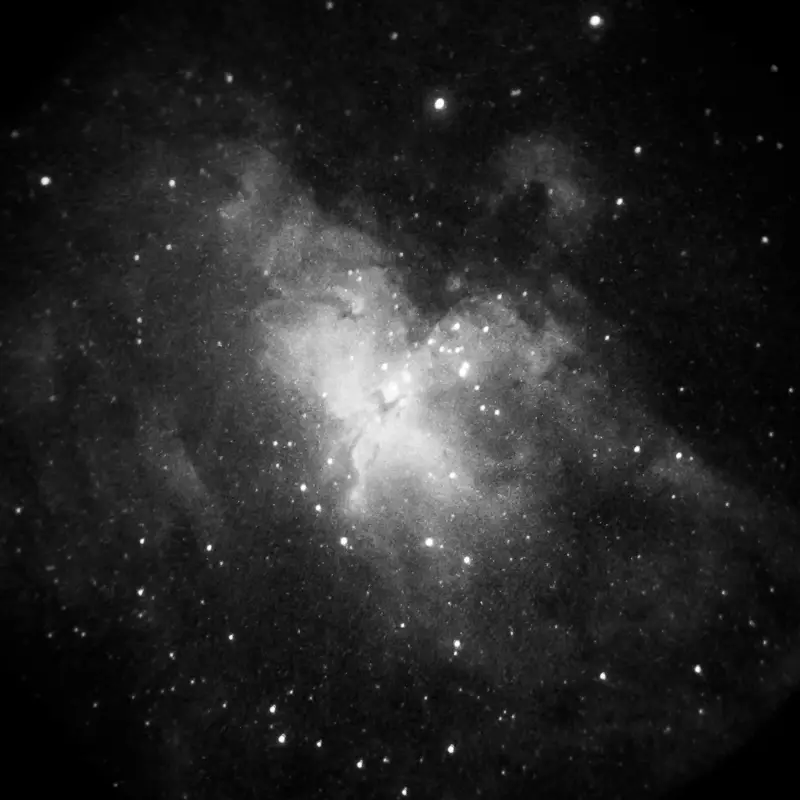
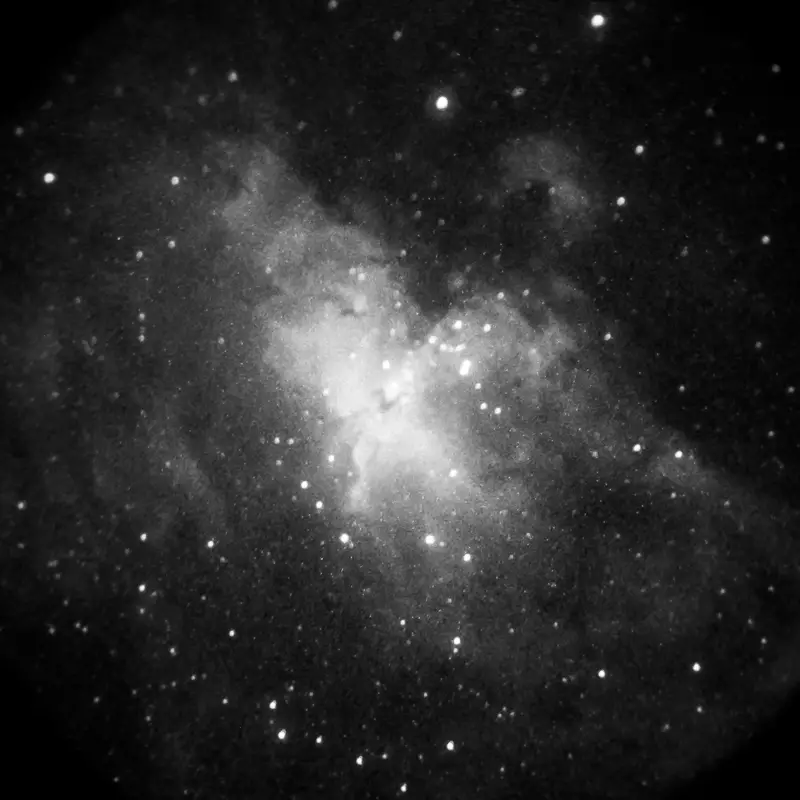
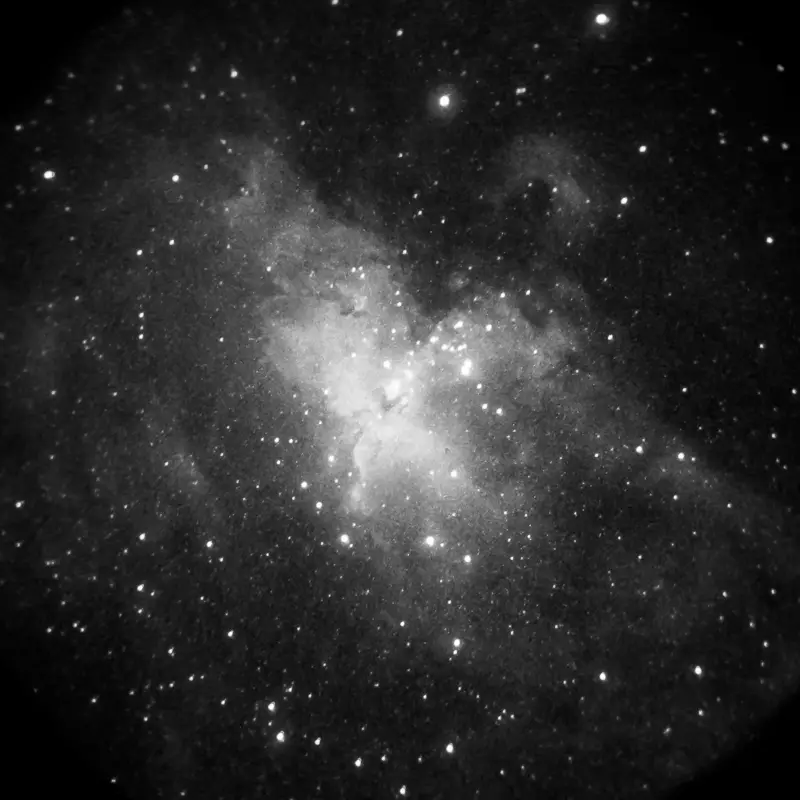
The setup used to capture the images is:
- Sigma 300-800 f/5.6 camera lens at 800mm and f/5.6, with Canon 1.4x teleconverter.
- Effective focal length 1120mm.
- Effective f-ratio f/8.
- Effective magnification 40x.
- Field of view 1 degree.
- 1.25″ filter wheel.
- OVNI-B at prime focus.
- SQM 21.3.
- Camera: Huawei P30 Pro, exposure 30 sec, ISO 400.
- Date and location: July 30, 2022 in northeastern Michigan.
This is a comparison of all the filters that were available to Mort when he was doing this comparison. They all look strikingly similar in this large group, so lets look at just a few at a time.
This is Mort’s set up, you can see my set up in this detailed list of my equipment.
These filters have a wide range of specs, here is the 3nm and the 12nm side by side:


So the very narrow band filter blocks out so much light that it limits the number of stars that are visible, while the wider filter allows much more light.
These are both great filters, and it is really a matter of preference.
If you are doing visual observing you may prefer the very narrow band if you live in an area with heavy light pollution as it will block out more stray light making images more crisp.
I prefer the 12nm, I just love seeing more of what is there.


These images are taken with almost the same filter, just two different manufacturers. I wanted to highlight these because the different manufacturers have slightly different optical path lengths.
This may have impacted the clarity of the images due to the specific setup used to capture them.



These three are the closest to the most commonly recommended H Alpha filter for Night Vision Astronomy.
Tele Vue recommends a 6nm filter, but I use a 2″ Optolong 7nm which is a bit easier to get and suits my purposes.
I hope these images help you make a choice when selecting an H Alpha filter for your set up.
Which H Alpha Filter Should I Buy For Night Vision Astronomy?
An H Alpha filter is very important when viewing and photographing nebula. These filters increase the contrast and make the images much more interesting.
Consider the eyepieces that you will be using, most of the compatible eyepieces are 2 inch eyepieces and require a 2 inch filter.
When selecting the nanometer of your filters, consider the images above, which is closest to what you prefer to see? I prefer a mid range 7nm filter, it allows me to see many details without losing dimmer stars.
I live in a Bortle 4 and travel to dark skies whenever possible to observe, so I do not base my choices on light pollution issues.
You can follow my affiliate link to High Point Scientific to shop and choose from some of the highest quality brands.
When do I use an H alpha filter with night vision astronomy?
If you are buying a PVS 14 for night vision astronomy you will need to buy an H alpha filter. It is a necessity. These filter can range widely in price, so selecting just the right one is important.
Use an H alpha filter when viewing emission and planetary nebula, when viewing globular clusters or galaxies do not use this filter.
If you are going after these targets you may want to use an IR filter if you live in an area of heavy light pollution. These inexpensive filters are wonderful with night vision. I recommend the Baader 685nm or Svboney 685nm 2″ filter for globular clusters. I live in a Bortle 4 and I do not see a magnificent difference, but I need to try it in a few different situations before I make a final call.
I want to mention that Night Vision breaks a lot of rules. You will see in these product descriptions that they are “not recommended for visual.” This is not true when being used with Night Vision.
